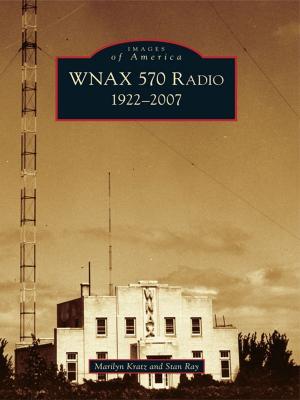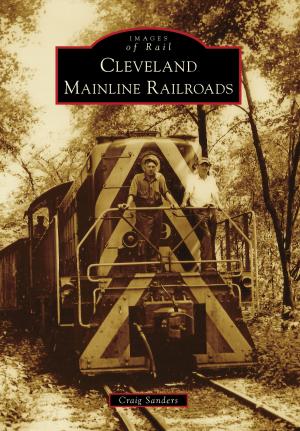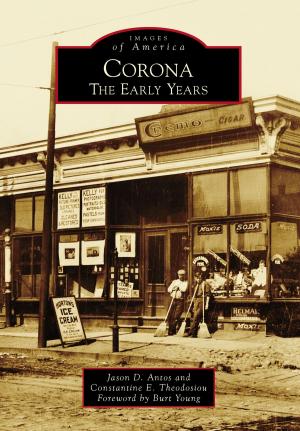Southern Colorado
O.T. Davis Collection
Nonfiction, Art & Architecture, Photography, Individual Photographer, Pictorials, Travel, History, Americas, United States| Author: | Mike Butler, Monte Vista Historical Society | ISBN: | 9781439645536 |
| Publisher: | Arcadia Publishing | Publication: | June 2, 2014 |
| Imprint: | Arcadia Publishing | Language: | English |
| Author: | Mike Butler, Monte Vista Historical Society |
| ISBN: | 9781439645536 |
| Publisher: | Arcadia Publishing |
| Publication: | June 2, 2014 |
| Imprint: | Arcadia Publishing |
| Language: | English |
When the Denver & Rio Grande Railroad laid narrow-gauge tracks into La Veta in southern Colorado in July 1876, it preceded Colorado statehood on August 1 by about one month. The southern Colorado frontier from Walsenburg west to Wolf Creek Pass had only a few scattered villages at this time, but silver mines in southwestern Colorado lured the railroad ever westward to haul out the riches. On the scene to photograph these developments was Iowan Ory Thomas (O.T.) Davis, who moved to Colorado in 1885 to work in the copper mines northwest of La Veta. Davis, backed by corporate sponsors from the mines and railroads, opened a commercial photography business in the Walsenburg–La Veta area in 1888 and, later, in Alamosa in 1906. The photographs of O.T. Davis collected in this book vividly capture a bygone era, documenting the frontier history of southern Colorado in the early years of statehood.
When the Denver & Rio Grande Railroad laid narrow-gauge tracks into La Veta in southern Colorado in July 1876, it preceded Colorado statehood on August 1 by about one month. The southern Colorado frontier from Walsenburg west to Wolf Creek Pass had only a few scattered villages at this time, but silver mines in southwestern Colorado lured the railroad ever westward to haul out the riches. On the scene to photograph these developments was Iowan Ory Thomas (O.T.) Davis, who moved to Colorado in 1885 to work in the copper mines northwest of La Veta. Davis, backed by corporate sponsors from the mines and railroads, opened a commercial photography business in the Walsenburg–La Veta area in 1888 and, later, in Alamosa in 1906. The photographs of O.T. Davis collected in this book vividly capture a bygone era, documenting the frontier history of southern Colorado in the early years of statehood.















